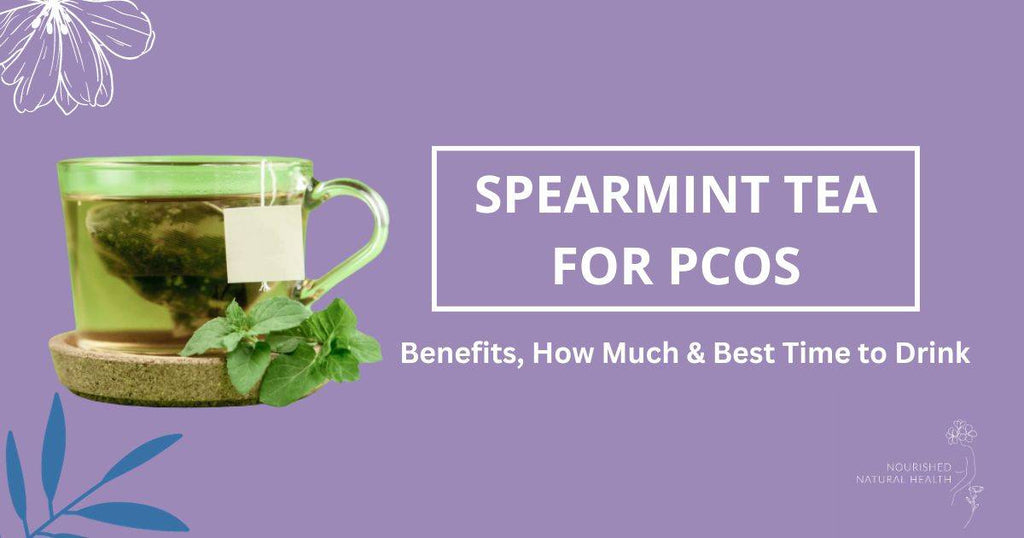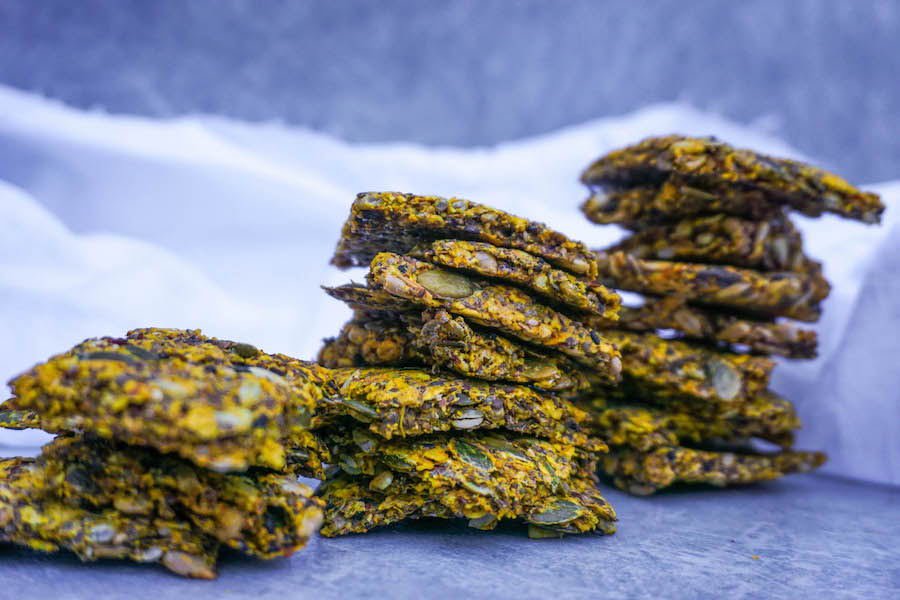This diet supports to balance hormones naturally, reduce inflammation and reduce hunger throughout the day.
However, when it comes to a diet for PCOS, the best one is always going to be the one that works with your body.
There are some people who eat completely vegan and will see weight loss while others might need more protein or carbs in their diet for better energy levels - there is no 100% right answer here!
It's about finding out what works for your body and what you are happy with. However, following the evidence of a high protein, high fat diet should hold you in good stead.












